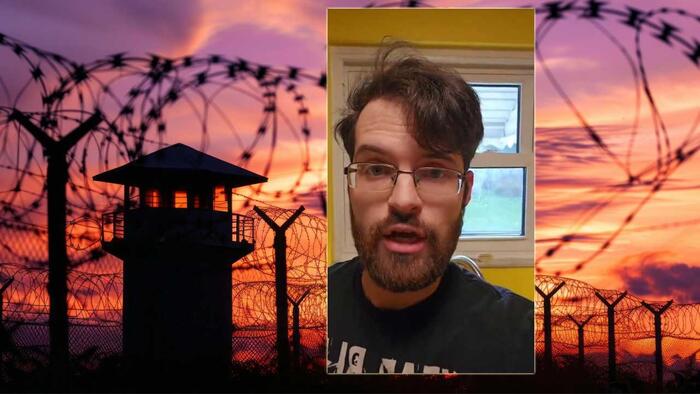In a recent article authored by Paul Joseph Watson and published on Modernity.news, a controversial survival guide penned by a supporter of Kamala Harris has surfaced, suggesting drastic measures for leftists in the event of Donald Trump winning the presidency again. The guide paints a dire picture where Trump’s supporters, referred to as “MAGAheads,” are predicted to initiate violent attacks against those who supported Harris. This rhetoric mirrors a level of hysteria that has characterized leftist responses to Trump’s previous elections and is deemed by many as speculative and unfounded since, during the 2016 election, it was primarily leftist groups that engaged in violent protests while Trump supporters remained largely peaceful.
The Harris supporter argues that maintaining silence about political affiliations and the identities of vulnerable groups—like transgender individuals and immigrants—could be critical for survival under a purported fascist regime led by Trump. The guide encourages leftists to suppress any political discourse with strangers and to shut down conversations that could lead to anyone being reported or targeted by right-wing extremists. This call for silence is rooted in a fear that expressing political views could lead to personal harm or the exposure of others, a reflection of the heightened political tensions and divisiveness currently prevalent in American society.
In the guide, there is an appeal for leftists to act responsibly and discreetly, emphasizing that they should not boast about helping others who represent marginalized communities. The insistence on silence serves a dual purpose: protecting themselves and protecting those they assist. By advising members of the left to maintain a low profile, the author seeks to create a sense of community resilience amid fears of retaliation or aggression from Trump supporters. This notion, however, raises questions about the validity and practicality of such advice, especially considering the lack of precedent for the extreme scenarios depicted in the guide.
Further escalating the urgency of the narrative, the author advises Democrats to adopt a blanket refusal to engage in political discussions by stating, “I don’t talk about politics.” This recommendation underscores a perception that political discourse may become a danger zone, where expressing one’s views could lead to adverse consequences. The guide dramatically frames this behavior as essential for survival under a supposed authoritarian regime that Harris supporter believes could emerge if Trump is re-elected, which has been widely criticized as an exaggeration driven by political anxiety rather than grounded in reality.
The article proceeds to highlight the extremity of the claims made by the Harris supporter, such as the necessity of acquiring firearms and undergoing safety training. This suggestion of armed self-defense further accentuates the fear that a segment of the left feels increasingly vulnerable in the current political landscape. However, these recommendations can also be interpreted as a sign of paranoia and an overreaction to political competition rather than a reasoned assessment of the political climate post-election. Critics point out the lack of credible evidence that a Trump administration would move toward fascism, terming this perspective as a manifestation of what they refer to as “Trump Derangement Syndrome.”
Significantly, the commentary on polling and mental health, particularly remarks by pollster Mark Halperin predicting a mental health crisis in the country should Trump regain office, reveals broader societal concerns surrounding political polarization. The depiction of inevitable chaos and hysteria among those opposed to Trump serves to illustrate the heightened emotional stakes in contemporary politics, where the outcomes of elections have become synonymous with fears of societal collapse among certain factions. This ongoing discourse about mental health and political anxiety continues to shape the narrative leading up to the elections, underscoring the need for dialogue that focuses on healing and understanding amid deep political divides.

